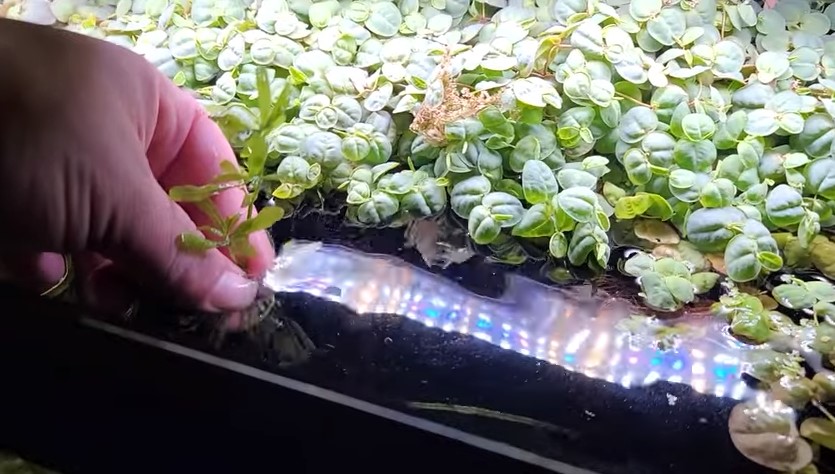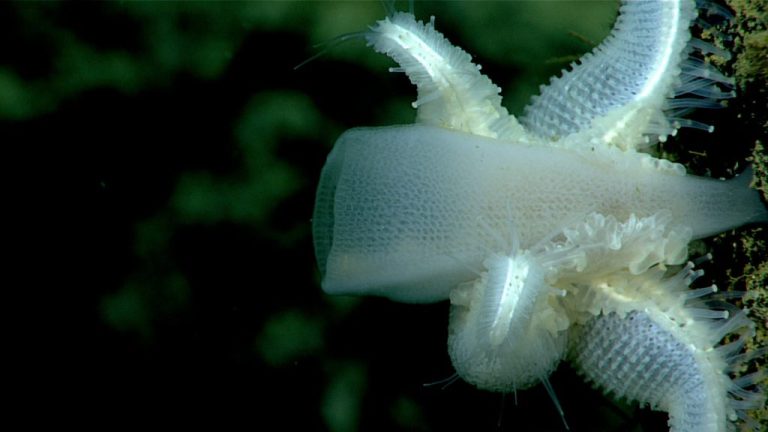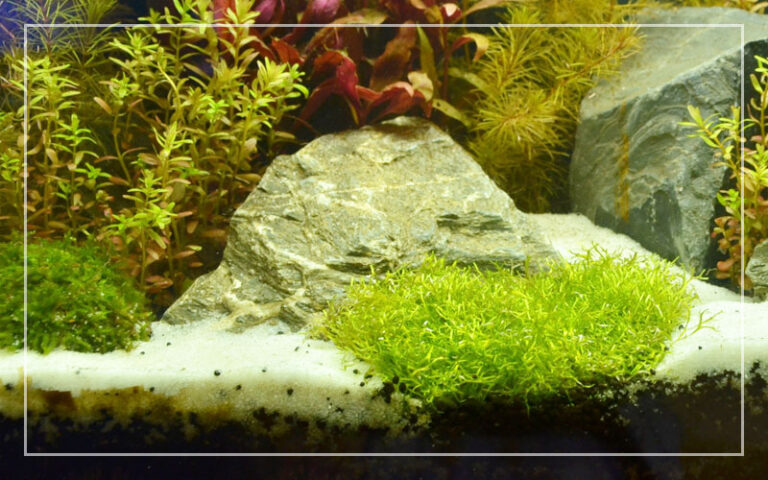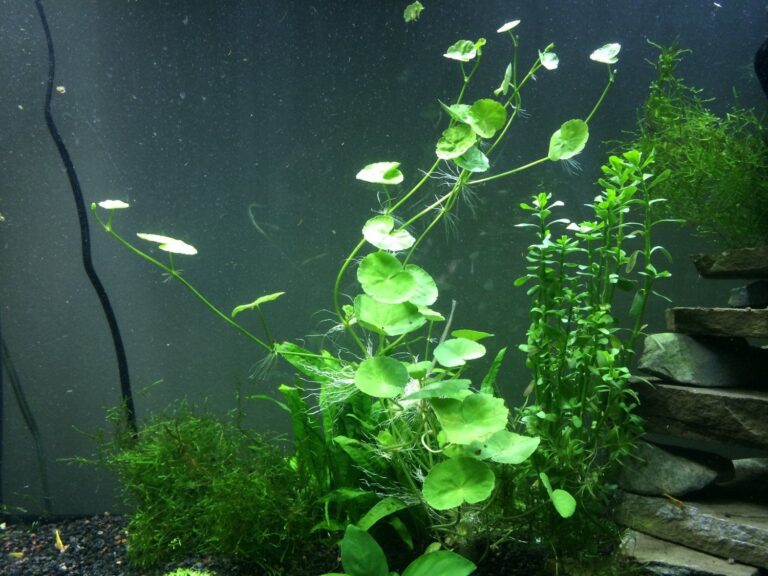Hard Water Aquarium Plants
Hard Water Aquarium Plants: Thriving in Challenging Conditions
Hard water aquarium plants can be a great addition to your aquatic garden. While some plants thrive in soft water, there are many species that have adapted to the challenges of hard water conditions. In this article, we will explore the world of hard water aquarium plants and how you can successfully grow them in your tank.
Why are Some Waters Hard?
Before diving into the world of hard water aquarium plants, let’s first understand what makes water hard. Water hardness is a measure of the concentration of mineral ions, particularly calcium and magnesium, in the water. These minerals are naturally present in the Earth’s crust and can dissolve in water as it passes through rocks and soil.
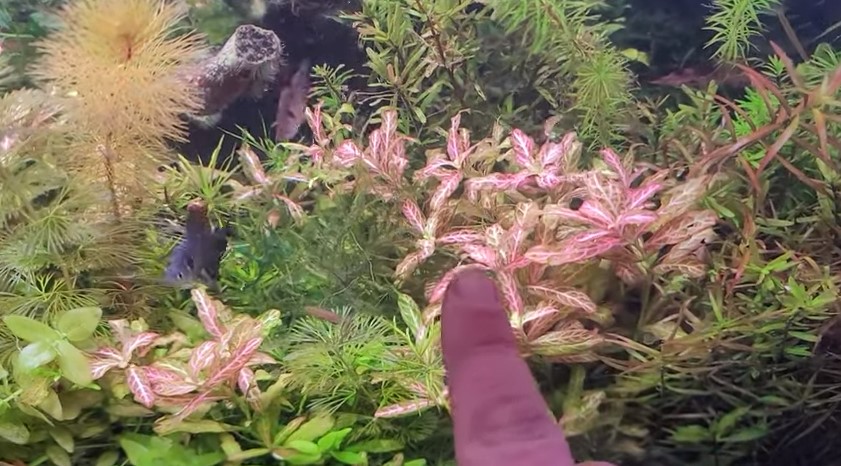
When water passes through limestone, gypsum, or other calcium-rich deposits, it absorbs these minerals, resulting in hard water. On the other hand, water that has fewer mineral ions is considered soft. The hardness of water is measured in parts per million (ppm) or degrees of hardness (dH).
Hard Water vs Soft Water Plants
Some aquatic plants have specific preferences when it comes to water hardness. Soft water plants, such as Amazon sword (Echinodorus spp.) and Cryptocoryne wendtii, prefer water that is slightly acidic and low in mineral content. These plants may not thrive in hard water and can show signs of nutrient deficiencies or stunted growth.
Hard water plants, on the other hand, have evolved to withstand the high mineral content in their natural habitats. These plants can better utilize the nutrients present in hard water, making them well-suited for tanks with high mineral concentrations.
Hard Water Aquarium Plants for Your Tank
1. Anubias (Anubias spp.): Anubias is a popular choice for hard water aquariums due to its ability to thrive in a wide range of water parameters. It is a slow-growing plant that can tolerate high mineral content and provides excellent cover for fish.
2. Java Fern (Microsorum pteropus): Java Fern is another versatile plant that can adapt to different water conditions. It can tolerate hard water and prefers to be attached to rocks or driftwood.
3. Vallisneria (Vallisneria spp.): Vallisneria, also known as eelgrass or tape grass, is a popular choice for hard water tanks. It has long, ribbon-like leaves and can tolerate a wide range of water parameters.
4. Java Moss (Taxiphyllum barbieri): Java Moss is a hardy plant that can adapt to various water conditions, including hard water. It can be attached to rocks or left floating in the tank.
5. Amazon Frogbit (Limnobium laevigatum): Amazon Frogbit is a floating plant that can tolerate hard water. It provides shade and cover for fish, helping to create a natural and balanced ecosystem.
Tips for Growing Hard Water Aquarium Plants
Now that you have selected your hard water aquarium plants, here are some tips to ensure their successful growth:
1. Provide Adequate Lighting: Most aquatic plants require moderate to high lighting levels to photosynthesize and grow. Invest in a quality aquarium light that meets the requirements of your chosen plants.
2. Maintain Stable Water Parameters: Hard water plants require stable water conditions to thrive. Regularly monitor the pH, hardness, and temperature of your tank and make adjustments as needed.
3. Provide Nutrient Supplementation: Although hard water contains minerals, it may not always provide enough nutrients for your plants. Consider supplementing with liquid or root fertilizers to ensure optimal growth.
4. Prune and Maintain Regularly: Pruning encourages healthy growth and prevents your plants from becoming overgrown. Regularly remove dead or decaying leaves to maintain water quality.
Frequently Asked Questions
Q: How do I know if my water is hard or soft?
A: You can test the hardness of your water using a water testing kit. These kits provide accurate measurements of the mineral content in your aquarium water.
Q: Can I mix hard water and soft water plants in the same tank?
A: It is generally not recommended to mix plants with different water hardness preferences in the same tank. Soft water plants may not thrive in hard water conditions and vice versa.
Q: Can hard water aquarium plants adapt to soft water?
A: Some hard water plants may be able to adapt to slightly softer water conditions over time. However, sudden changes in water hardness can stress or even kill the plants. It is best to choose plants that are suited to your water parameters.
Final Thoughts
Hard water aquarium plants are a wonderful addition to any aquarist’s collection. With their ability to thrive in challenging conditions, these plants can add beauty and diversity to your aquatic garden. By selecting the right plants, providing optimal care, and maintaining stable water parameters, you can create a thriving underwater ecosystem that both you and your fish will enjoy. So go ahead and give hard water aquarium plants a try – you won’t be disappointed!
